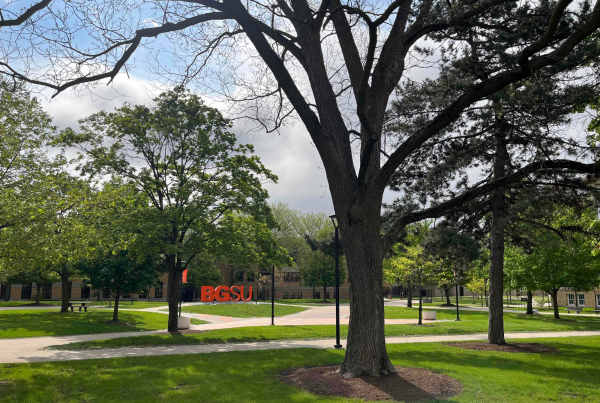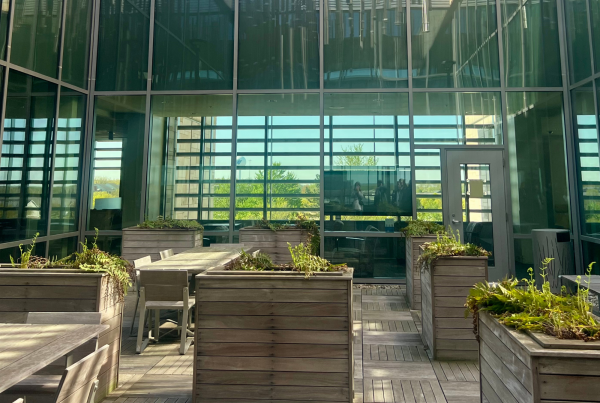Congratulations, your student has made it to junior year! You’re probably hearing their friends, classmates, and teachers starting to ask about college. What do you want to study? Where in the world do you want to live for four years? While those questions may feel overwhelming for students, it is a good time to get them thinking about where they will want to apply next fall.
First, what is the college list? What should it look like?
The college list is just that – the list of colleges your student will be applying to! While your student’s list doesn’t have to be set in stone yet, it’s a good idea to get started junior year thinking about where they may want to apply. The ideal list should be around 10-12 colleges – students can have more than that but remember that the more colleges they add, the more essays they will have to write!
In addition, students want to create a balanced list: schools that are “likely”, “range”, and “reach”. Likely schools are those where your student is almost certain they’ll be admitted. Range schools are those where your students has a good chance, but it isn’t 100% a guarantee. Finally, reach schools are those with very low acceptance rates – those that aren’t likely for anyone, think of places like CalTech, Yale, or Stanford.
Here are some questions to ask your student to help them start building their college list:
- What do you like?
- What do you dislike?
- What classes do you look forward to?
- What classes do you dread?
These are helpful questions to ask yourself when someone asks what you may want to major in. To be clear, this is not something you have to figure out your junior year – in fact, many colleges don’t require you to declare your major until the end of your sophomore year of college. However, this may give you an idea of what areas you want your dream school to be strong in!
Finally, where do you start your college research?
There are many great resources to help you learn more about potential colleges. First, check out the school’s website – this will start you out with some basic information: location, activities and sports they offer, and academic programs.
However you begin your research, it’ll pay off to start sooner rather than later. This isn’t meant to cause more stress, but will give students a head start on their application journey! As always, connect with your Galin counselor for support along the way.




